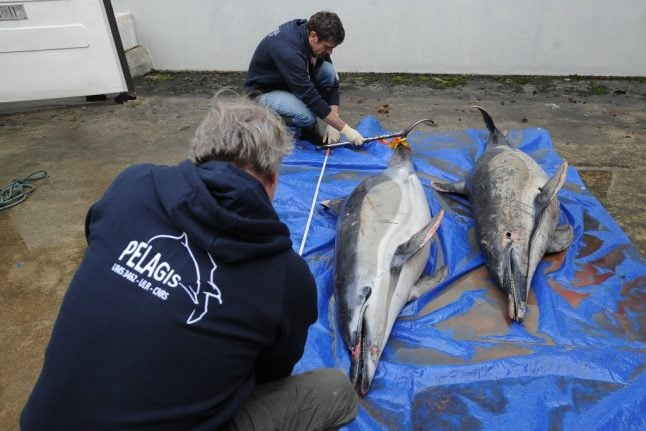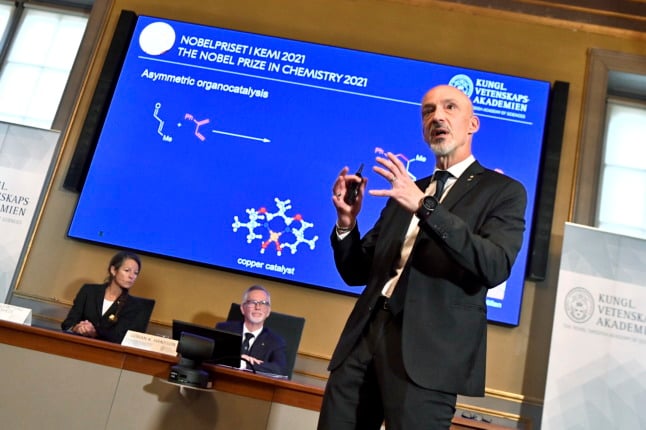
? Assourdissant silence des Ministres @FdeRugy et @dguillaume26 alors que le nombre de dauphins communs échoués sur la côte Atlantique continue d'augmenter. Déjà plus de 400 échouages constatés depuis le début de l'année.#DéfendsTaMerhttps://t.co/i7j7iQk7Ms
— France Nature Env.. (@FNEasso) 13 février 2019
Hécatombe : mutilés par la pêche, plus de 400 #dauphins se sont échoués sur la côte atlantique https://t.co/I5WqUR54Ez pic.twitter.com/67LNyXf1Dk
— LA VDN par La Voix du Nord (@lavoixdunord) 14 février 2019



 Please whitelist us to continue reading.
Please whitelist us to continue reading.
What a disgrace!